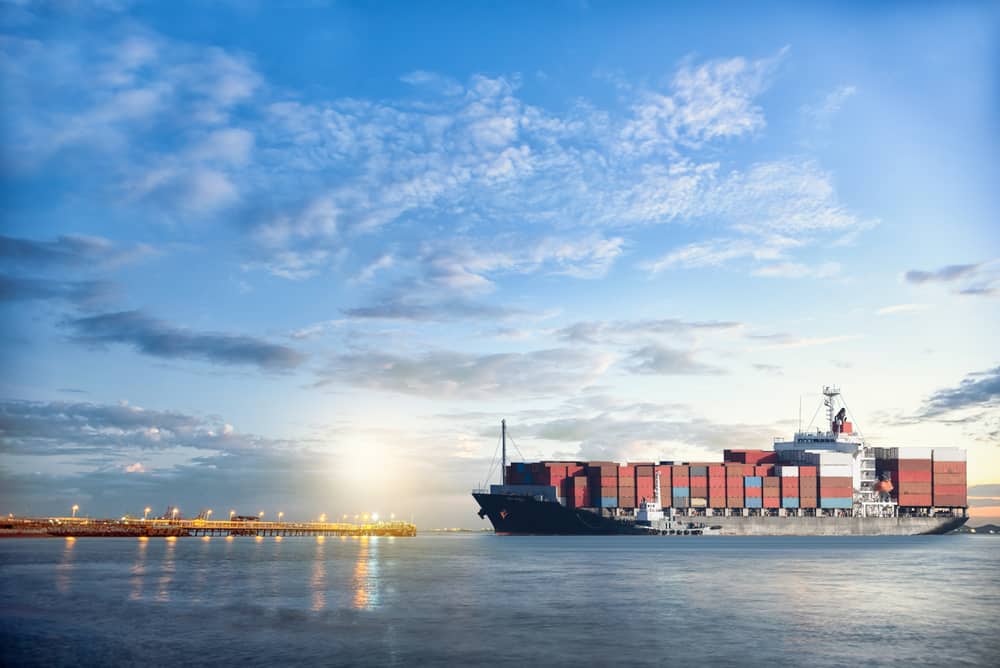Logistics-related costs are one of the largest variables that impact the bottom line of importers and exporters. These costs are constantly changing, and sometimes, it’s difficult to follow these changes. As a result, unexpected costs may occur.
Here are 7 basic steps that can help prevent additional costs and reduce freight expenses.
1. Find a reliable overseas supplier and quality control company.
Working with an unreliable overseas supplier will cause lots of damage, lead to higher costs, and damage your company’s reliability with your customers.
By the time you find about subpar goods, it may be too late. In order to prevent issues, you should work with a proven and well-established supplier. This is very important. Additionally, you should find a quality control company that will inspect goods for you before shipping in order to prevent future issues, clearly explain your needs, and check hidden costs before you order.
2. Explain your business needs very clearly to all involved.
Your business is unique, and your needs and expectations must be communicated with everyone involved very clearly from the beginning so you minimize the risk of unexpected costs.
You should share: your capacity to receive cargo on any given time, how much time you need to unload cargo, and what kind of updates would require at any given time. Have very clear procedures written out and communicated, too.
3. Utilize new technology.
Although late to the party, the logistics and supply chain management industries have adopted new technology pretty quickly over the past few years – a good thing for all parties involved. You can see your cargo in overseas warehouses, track real-time movement, and see where its current location anytime. Utilizing technology will also save you from many overhead costs and help your company work leaner and more efficiently.
4. Insure your cargo.
Cargo insurance will save you a lot if you encounter unexpected damage. It worth paying an additional fee for cargo insurance, as its return will be worth this extra investment even if only used once.
5. Work with vendors that have standards and a great reputation.
That $50 you are trying to save on freight costs may cost you much more. Intermediaries serve an important role in protecting and guiding you, and unless you try using one, you wouldn’t know if you can trust them or not.
There is no such thing as a perfect service provider. However, you can make sure good service is guaranteed by working with companies that have standardized services and can prove their reputation, such as ones with ISO or C-TPAT certifications, strong insurance, or the possession of other documents. Ask about their financials, how long they have been in business, and customer references. A company that offers to save you $50 on freight may be gone tomorrow. Choose an established leader.
6. Follow industry trends closely.
The logistics and supply chain management industries are ever-changing. Even the smallest changes can affect your cargo, costs, and business, so it’s important to stay aware of changes. Use the expertise of your freight forwarder, carrier, or customs broker to keep track of trends, while preparing for future changes and events.
7. Plan ahead, be prepared, and have alternatives.
Even if you have a near-perfect supply chain process, anything can go wrong at any time, so it’s always best to be prepared for the future.
Everything from utilizing additional suppliers from different countries to exploring alternative ports of entry to having multiple carrier options available can help. Recently, the trade war between the U.S. and China has shown that the logistics industry is very vulnerable to external events. Those who act late should expect major disruptions to their supply chain.
Logistics and supply chain management involve complex procedures with many variables and vulnerabilities.
By taking simple steps, importers – especially new ones – may be able to prevent problems in advance. Well-established, fully-trained, and proven service providers will be a great help when looking to overcome issues and establish long-term logistics procedures.




